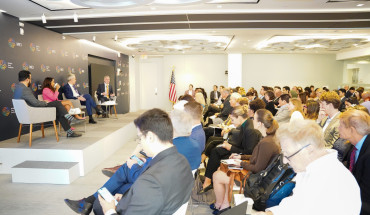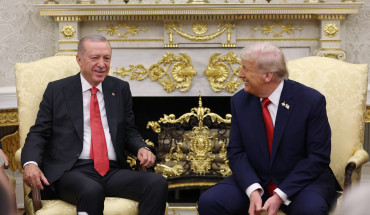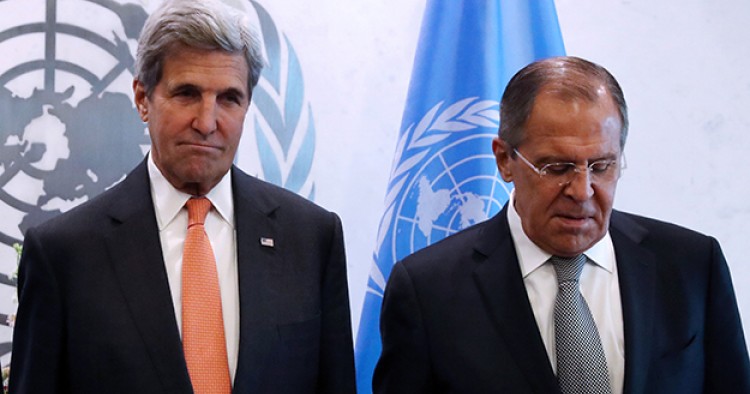This is an excerpt of an article published by The National Interest. For the full article, please click here.
The collapse of the latest Syrian cease-fire is no surprise. Indeed, most observers had been pessimistic about the deal holding before it came into effect on September 12. Following the pattern of previous failed attempts to implement a cease-fire, the first week witnessed accusations and counter-accusations of violations from all sides, before eventually falling apart. The Russians and Americans were already accusing the other of failing to respect the deal before the deadly U.S.-led strike on Syrian government forces on September 17—Washington said it was an accident, while the Russians aren’t buying it. By the next Monday morning, Russia’s defense ministry said it was “senseless” for the Syrian government to continue observing the cease-fire, which led to the regime announcing the end of the cease-fire later that day. The attack on the aid convoy that Monday night—U.S. officials accuse Russia of being behind the strike—delivered the death blow to the deal, since aid delivery to rebel-held areas was a U.S. condition of the agreement.
Despite reassurances Tuesday from American, UN and Russian officials last week that the “cease-fire is not dead,” it is hard to see how it will be resurrected, and if so, how it will endure. None of the belligerents on the ground seem to be in the mood for a cease-fire—President Bashar al-Assad vowed to reconquer the entire country hours before the cease-fire went into effect—and their foreign backers have shown little interest in stabilizing the conflict. The latter is the key reason for why this cease-fire has followed all other attempts into the dustbin.
Secretary of State John Kerry and Russian foreign minister Sergei Lavrov may have given the impression they were working at lengths to produce a sustainable cease-fire deal—they’ve been in talks all year—but the reality is that neither the United States nor Russia have wholly invested in this endeavor. The cease-fire deals they continue to conjure are patchy at best, and doomed to fail from the outset. Below are several reasons why.
Click here for the full article.
The Middle East Institute (MEI) is an independent, non-partisan, non-for-profit, educational organization. It does not engage in advocacy and its scholars’ opinions are their own. MEI welcomes financial donations, but retains sole editorial control over its work and its publications reflect only the authors’ views. For a listing of MEI donors, please click here.













